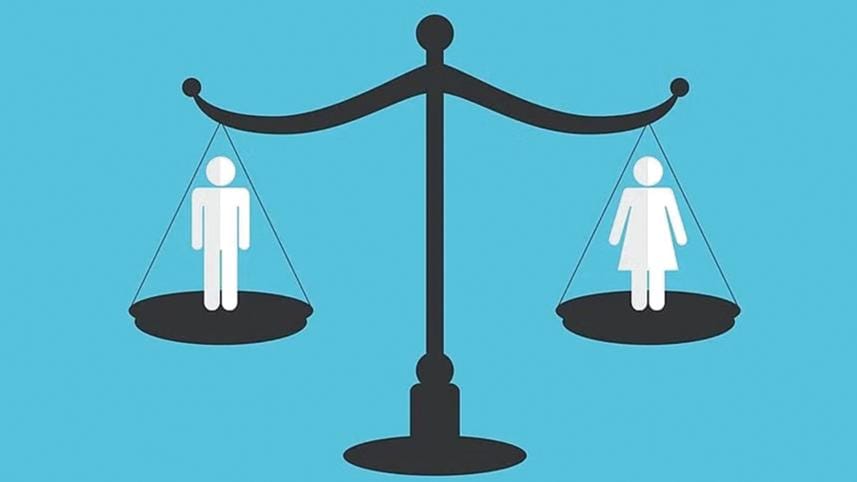Payment of dower and economic realities

Recently, on 6 March the Cumilla Family Court of Chandina gave out a decision regarding the payment of dower (mahr), stating that the dower amount should be adjusted according to inflation and currency devaluation. This means that the husband must pay the dower based on the current value of money, not the amount set at the time of marriage.
This decision, if sustained, will change the way we currently interpret the law relating to dower. The judgment ensures that the dower keeps its real value over time. It may be argued that the decision was given by the court under the power given to it by section 151 of the Code of Civil Procedure 1908 (CPC). The section reads, "nothing in this Code shall be deemed to limit or otherwise affect the inherent power of the Court to make such orders as may be necessary for the ends of justice or to prevent abuse of the process of the Court." However, the ruling has sparked a debate, with many lawyers and legal experts supporting it as a fair and modern approach, while others are disagreeing.
Traditionally, dower is fixed at the time of marriage. But inflation and currency devaluation reduce its real worth. This means a woman may receive much less than what was originally intended, not in terms of amount but in terms of worth when the dower is not fully paid at the time of the marriage. This ruling takes a more dynamic approach by suggesting that if the dower is not paid at the time of marriage, it should be recalculated based on the current currency rate to ensure fairness.
This case has reignited discussions on how financial obligations in marriage should be addressed in light of economic realities. The need for a just and practical approach to dower valuation has been reflected here. It is submitted that, considering the complexities of inflation, the dower amount should be adjusted to reflect the current economic conditions rather than being bound by outdated financial standards. In the alternative, to ensure fairness, dower may be provided in the form of tangible assets, such as gold or land, which retain their value over time and are not as susceptible to currency fluctuations.
However, there are some concerns. Some legal experts worry that changing the dower amount based on inflation might cause legal confusion and affect traditional contract laws. Others argue that this change is necessary to ensure justice and fairness.
The author believes that this judgment is an effort to balance tradition with modern financial realities. It may set an example for future cases on financial rights in marriage. Whether it will be fully accepted or not is uncertain as of now, but it has started an important discussion on how laws should adapt to realities, if at all.
Tahsina Zaman,
Student of Law,
Bangladesh University of Professionals.



 For all latest news, follow The Daily Star's Google News channel.
For all latest news, follow The Daily Star's Google News channel.
Comments